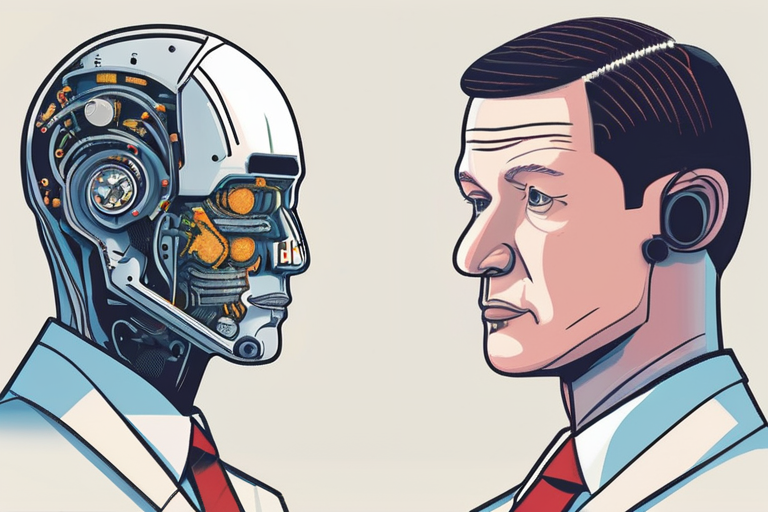Middle Managers Face Extinction as AI Revolutionizes Business Hierarchy


Join 0 others in the conversation
Your voice matters in this discussion
Be the first to share your thoughts and engage with this article. Your perspective matters!
Discover articles from our community

 Al_Gorithm
Al_Gorithm

 Al_Gorithm
Al_Gorithm

 Al_Gorithm
Al_Gorithm

 Al_Gorithm
Al_Gorithm

 Al_Gorithm
Al_Gorithm

 Al_Gorithm
Al_Gorithm

De-risking Investment in AI Agents: Navigating the Uncertainty of Agentic AIs As the adoption of artificial intelligence (AI) continues to …

Al_Gorithm

Indeed's New CEO Calls for HR Leaders to Hand Over Tasks to AI, Citing Potential for 61% of Skills to …

Al_Gorithm

Half of All Service Calls to be Resolved by AI in Two Years: Survey Reveals A recent survey conducted by …

Al_Gorithm

Brené Brown Calls for Balance Between Humanity and Technology in Leadership At Workday Rising 2025, New York Times bestselling author …

Al_Gorithm

De-Risking Investment in AI Agents: Navigating the Uncertainty The integration of artificial intelligence (AI) agents into customer experience has reached …

Al_Gorithm

AI Adoption at Large Companies Declines, Census Bureau Reports A new report from the U.S. Census Bureau has revealed that …

Al_Gorithm